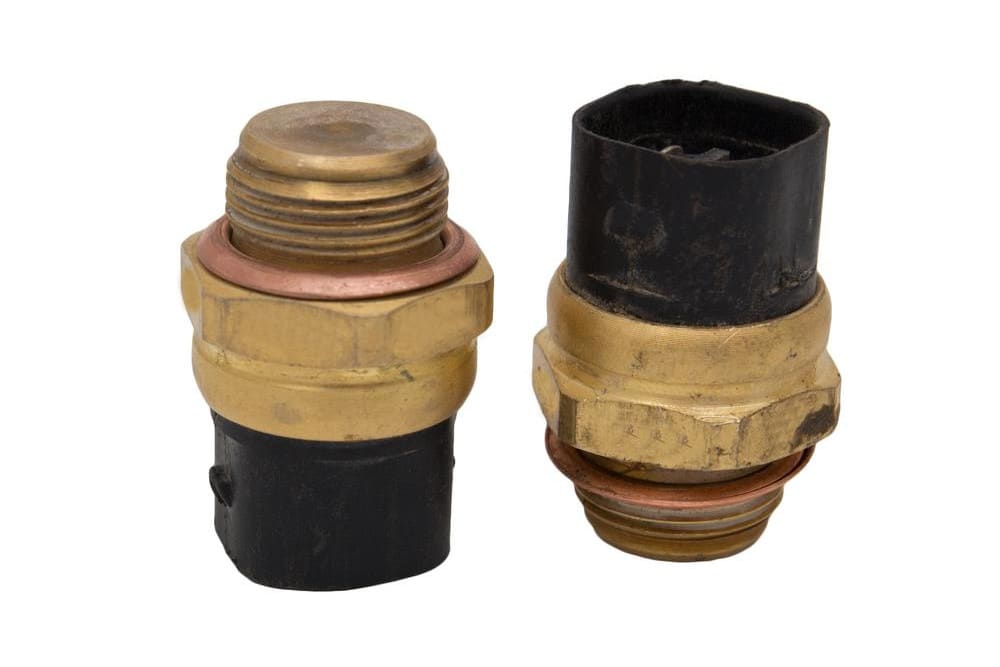

The cylinder head temperature sensor is an electronic engine management sensor found on many modern vehicles today. As its name implies, the cylinder head temperature sensor measures the temperature of the engine cylinder head. Temperature is one of the most important engine parameters that the computer uses to calculate timing and fuel for maximum engine performance and efficiency. The cylinder head is similar in purpose to the coolant temperature sensor, however, it is more accurate due to the construction and operation of the sensor. Due to the important role that the coolant head temperature sensor plays in the engine performance calculations, when the cylinder head temperature sensor has an issue, it can negatively affect the performance of the vehicle. Usually a bad or failing cylinder head temperature sensor will produce a few symptoms that can alert the driver of a potential problem that should be serviced.
1. Long cranking time
One of the first symptoms commonly associated with a bad or failing cylinder head temperature sensor is a a long cranking time. The signal provided by the cylinder head temperature sensor monitors an important parameter, and problems with it can cause all sorts of issues, one of them being an extended cranking time when starting the vehicle. If you notice that the vehicle takes a few cranks longer to start then it normally would, then this may be an indicator that the cylinder head temperature sensor may not be giving an accurate reading.
2. Engine performance issues
Another symptom of a potential problem with the cylinder head temperature sensor is engine performance issues. The temperature of the cylinder head is a very important signal used in engine calculations, therefore any issues with the signal can have a dramatic effect on engine performance. A bad or failing cylinder head temperature sensor may cause performance issues such as a decrease in power, acceleration, and fuel economy. The performance issues may be only slightly noticeable in the beginning, but will get worse as time goes on.
3. Check Engine Light comes on
Another symptom of a bad or failing coolant temperature sensor is an illuminated Check Engine Light. If the computer detects an issue with the coolant temperature sensor signal or circuit, it will set off the Check Engine Light in order to alert the driver of the problem. A Check Engine Light can also be caused by a wide variety of other problems so having the computer scanned for trouble codes is highly recommended.
The cylinder head temperature sensor is an important engine management sensor as the signal it provides is a critical one to engine calculations. For this reason, if you suspect that your vehicle’s cylinder head temperature sensor may be having an issue, have the vehicle inspected by a professional technician, such as one from YourMechanic. They will be able to diagnose your issue and replace your cylinder head temperature sensor if needed.



